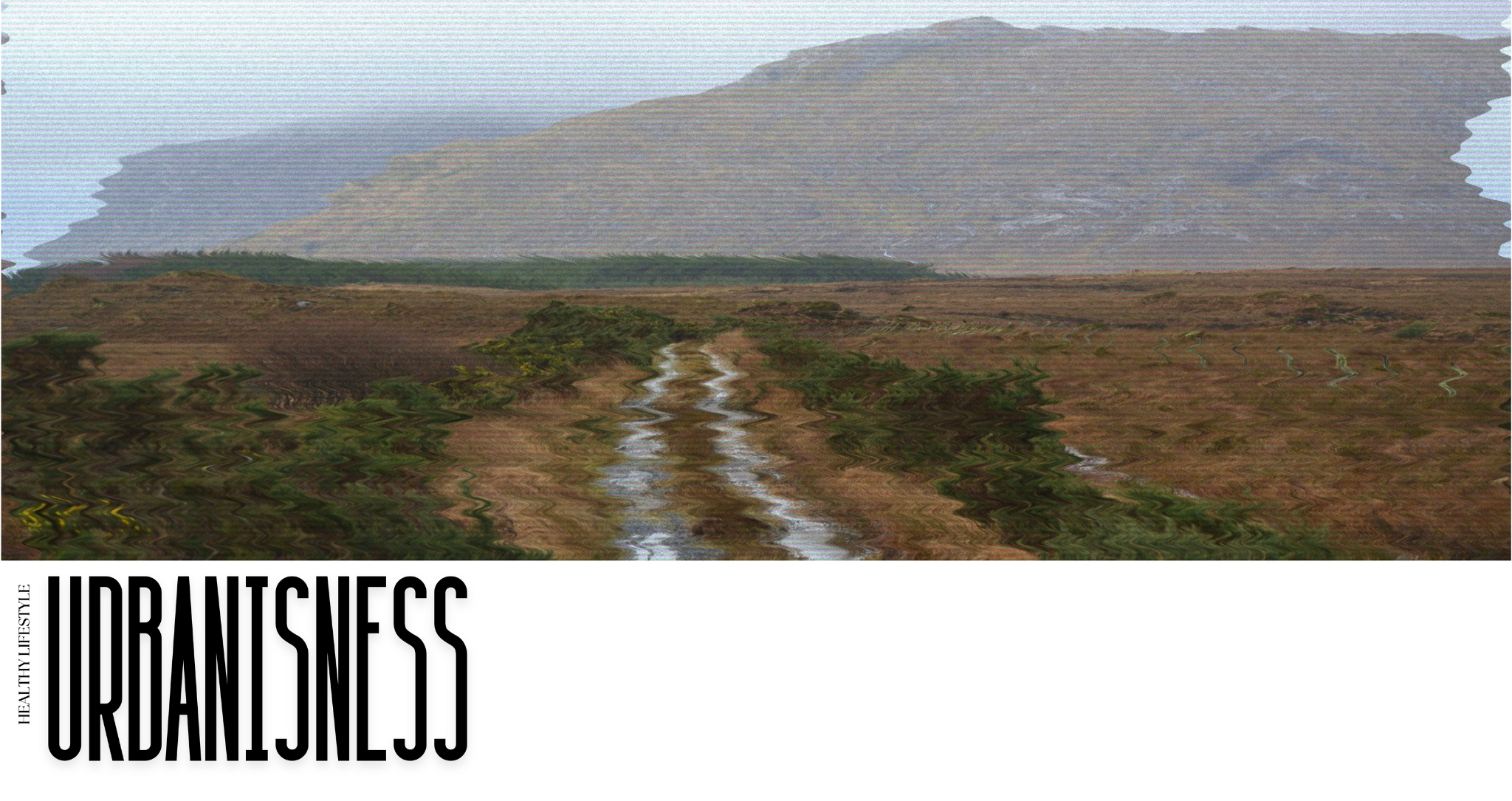A bamboo garden is a valuable resource with significant potential to address poverty and environmental issues. Thriving in various climates, bamboo offers numerous sustainable products, creates livelihoods, and provides ecosystem benefits. Australian permaculture expert Jeff Lawton humorously observes that it’s easier to list what bamboo cannot be used for than what it can, with over 1,500 documented applications. Bamboo serves as a natural water purifier, renewable timber and building material, paper source, food for humans and livestock, charcoal, and soil carbon regulator, among many other uses.
Bamboo thrives in various environmental and climatic conditions and is one of the fastest-growing herbaceous plants in the world. Its unique root and stem properties enable it to efficiently convert nutrients into rapid growth, with some subspecies capable of growing up to 75 cm in just 24 hours. Although these fast-growing varieties are rarely utilized in permaculture, many other species offer diverse applications. Bamboo reproduces through rhizomes, eliminating the need for replanting, and pruning mature shoots encourages new growth. Its remarkable qualities include excellent resistance to wood, brick, or cement and a tensile strength comparable to steel.

